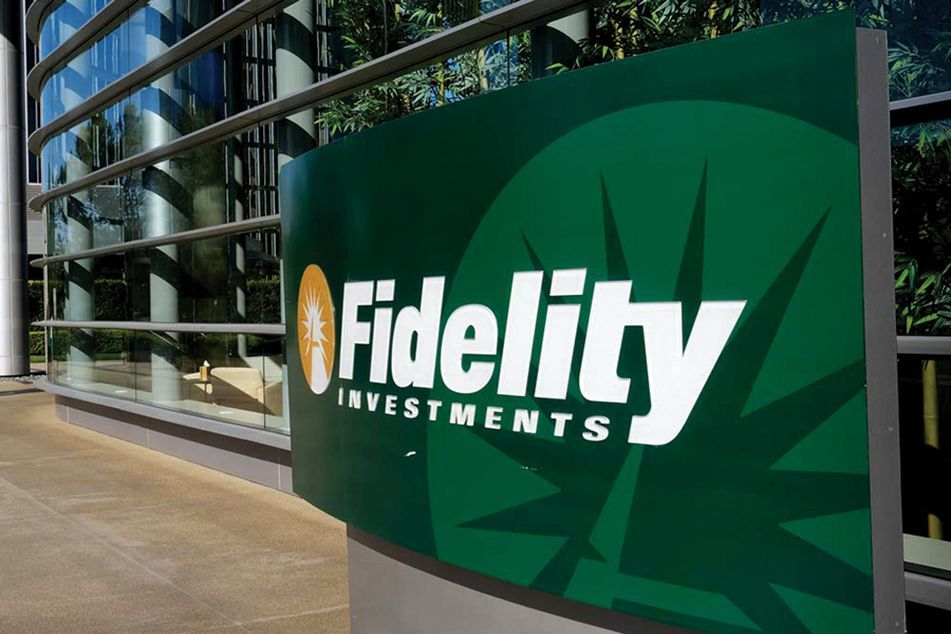Fidelity’s HSA business grew 50% in a year

The biggest players are getting bigger, with the top four increasing their share of the health savings account market from 56% to 60%, according to a recent report by Morningstar Inc.
Fidelity Investments Inc. is growing rapidly in the HSA market, having increased its assets in that business by 50% over a year, according to a new report from Morningstar Inc.
Fidelity, which has been working to increase its share of the employer-sponsored and individual health savings account segments, oversaw about $12 billion in HSAs as of the end of June, up from $8 billion a year earlier, Morningstar noted. The firm became the third-biggest player in HSAs during that time, having surpassed HSA Bank in total assets.
The rest of the major HSA providers have also been increasing their share. Optum Bank Inc., HealthEquity Inc., Fidelity and HSA Bank collectively accounted for about $51 billion in HSA assets at the end of 2020, representing more than 60% of the market, according to Morningstar. As of this time last year, the HSA assets overseen by those companies represented about 56% of the market.
Fidelity began a more rapid increase to its HSA business in 2019 through the launch of a retail account line, when it accounted for less than $6 billion of assets at the financial service company, Morningstar’s report noted.
The biggest HSA provider, Optum, had about $17.5 billion in assets in that business as of the end of 2020. The next-biggest provider, HealthEquity, had about $15 billion in HSA assets, but that was of the end of June 2021, the report noted. The fourth-largest provider, just behind Fidelity, was HSA Bank, at nearly $11 billion.
TOP-RATED FIRMS
Fidelity ranked highest in the report for HSA used as investment accounts and spending accounts, with top marks for having low fees and a low threshold for allowing assets to be invested.
Other leading providers, by HSAs as investment accounts, were Associated Bank and Bank of America Corp. For accounts used as spending vehicles, Lively Inc., HSA Bank, HealthEquity and The HSA Authority also received the top ratings in Morningstar’s evaluation.
Over the past few years, providers have reduced costs and generally improved their HSA services, the report noted.
“Still, there is room for progress. No HSA earns positive marks across the board as a spending or investment account,” the authors wrote. “Fees remain high and vary across providers, most require individuals to keep money in spending accounts before they can invest, and fund lineups still hold redundant and niche options that can be difficult to understand.”
GROWING MARKET
Between June 2020 and June 2021, total assets increased by 26%, reaching $92.9 billion, according to a report last month by Devenir.
Strong market returns bumped up investment assets by 73% year over year, reaching an estimated $30.4 billion by the end of June, or about a third of all HSA money, that firm found. Average accounts sizes are much larger for those used as investment vehicles, at nearly $18,000, more than 6 1/2 times that of the average account used only for spending, according to Devenir.
TAX UNICORNS
HSAs are a favorite among advisers, due to the trifold tax perks they have — money goes in, appreciates and can be spent tax-free for eligible expenses. However, HSAs appear to be utilized most effectively among more affluent households and might be lagging as investment vehicles within employer-sponsored plans.
More than half of employers were unaware that they must provide a High Deductible Health Plan in order to offer HSAs for employees, according to results of a survey published last week from HSA provider Bend Financial Inc. Further, only about half of employers actually offer HDHPs, and only about half said that they knew workers’ HSA assets could move with them as they changed jobs, according to Bend Financial.
Additionally, 43% of the 1,000 employer respondents in that survey indicated that they knew that contributions can be invested.
A report in August from the Plan Sponsor Council of America found that about 15% of people enrolled in HSA-eligible plans do not participate in HSAs. About a third of employers that have such plans automatically enroll workers into the accounts, and about three quarters make contributions on behalf of employees, the report found.
Learn more about reprints and licensing for this article.








